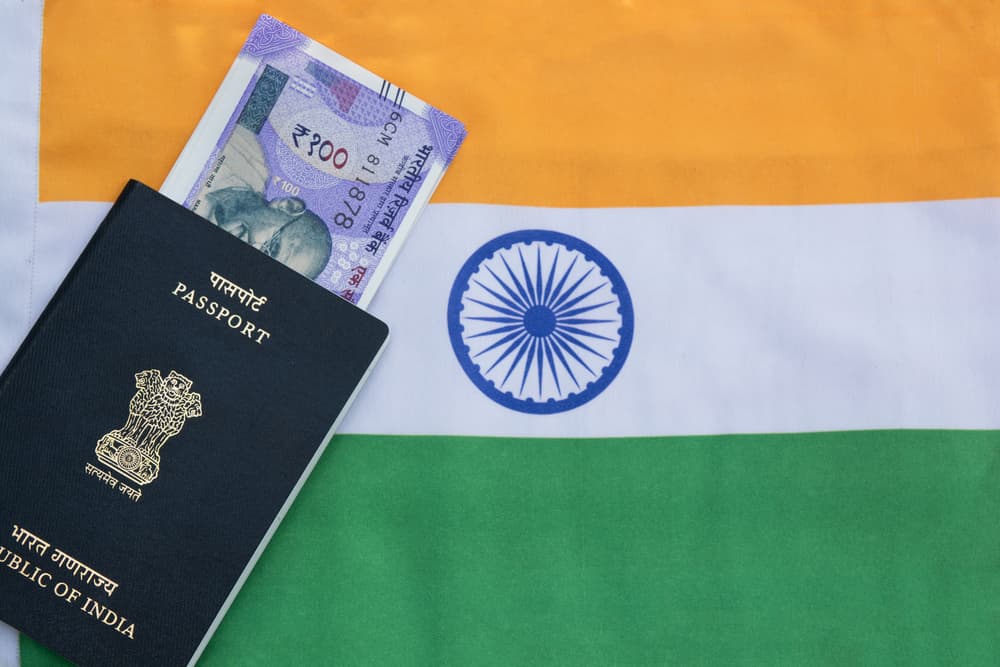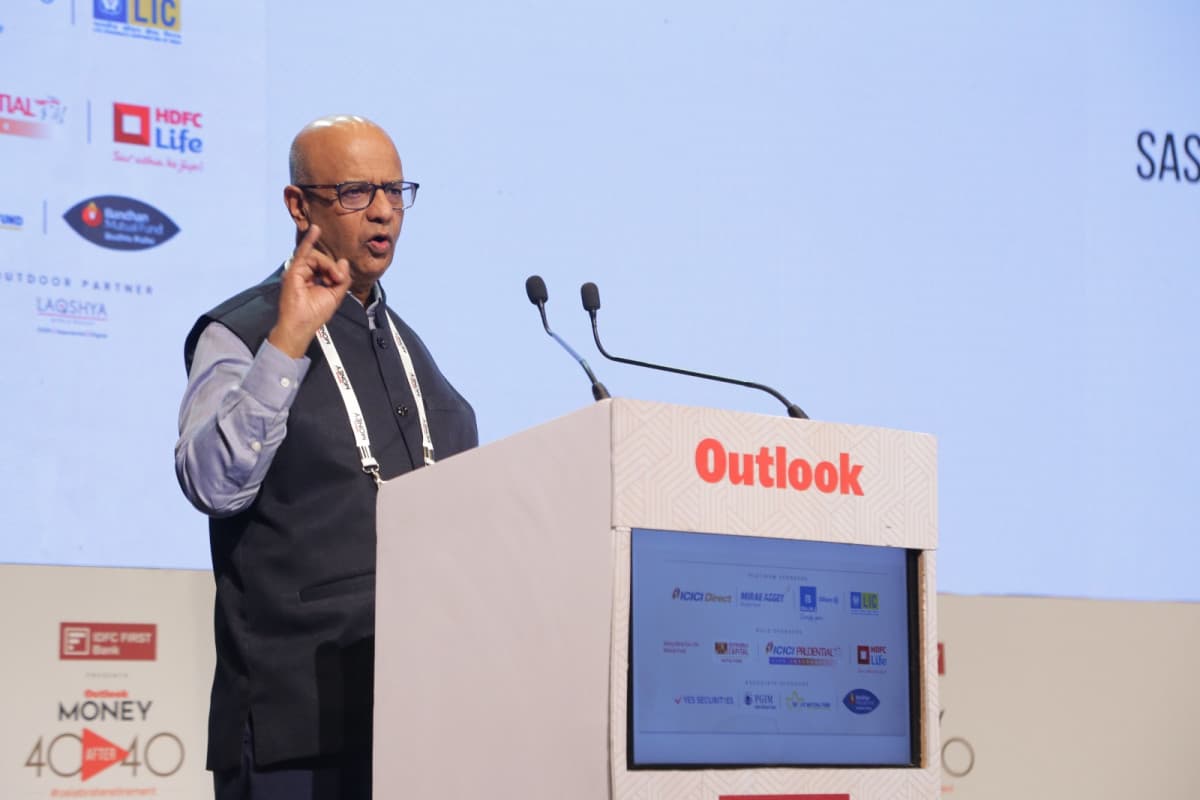Non-resident Indians (NRIs) returning to India for jobs is no longer the news. With the rising opportunities and improved standard of living, many NRIs prefer to come back and take up jobs in India.
But there is also a large section of NRIs who want to return to India after retirement. The idea is to spend the last few years of their lives among people and in a society they have grown up with. The second reason is to be closer to their relatives and family back in India.
So, here are 3 Things NRIs Returning To India Must Keep In Mind before they decide to settle down.
Manage Bank Accounts And Investments
Returning NRIs should have details of all their bank accounts and investments irrespective of how insignificant the amount is.
NRIs usually maintain two types of bank accounts in India, i.e., foreign currency non-resident account (FCNR B) and non-resident external account (NRE)/non-resident ordinary account (NRO). Depending on the need, they may continue to hold an FCNR account till maturity, and thereafter, convert it into a resident foreign currency (RFC) account.
Interest earned on an FCNR account is tax-free till one holds an NRI residential status. After returning to India, one has to convert the NRO account into a regular savings account, and the NRE deposit to an RFC deposit.
Also, after returning to India, any income from an investment or asset abroad would be taxable in India. So, if one has an existing investment in India, such as mutual funds and shares, it is important to update the mutual fund house and open a normal dematerialised account after closing the existing portfolio investment services account.
Beware Of Tax Implications
Let’s says an NRI opened a bank account in the UK a few years back. It had a few pounds left in the account which he forgot about. Recently, he got a notice about that account because that account was earning interest, even though it was an insignificant amount.
Dealing with tax department notices is not a pleasant experience after one returns to India.
So, it is important that one has the list of all accounts and all kinds of assets, investments and earning data ready with them. One should not ignore anything thinking it to be a small amount. With increased access and digital connectivity, the income tax department will not miss anything even if one misses accounting that in one’s earnings.
It is always advisable to seek the opinion of a chartered account or a legal expert for better clarity on one’s foreign assets.
Review Your Insurance Needs
If you have a health policy purchased from a company in a foreign country, they may no longer allow you a cover in India.
So, reviewing your individual insurance needs is especially important after retirement.
Take a comprehensive view of your health to decide the amount that you may need in case of an emergency. The premium will vary accordingly. Moreover, other insurance, such as life insurance, home insurance and vehicle insurance should also be included in your insurance needs.
Settling in India after retirement will be a breeze if one takes serious note of these important aspects.
The author is an Independent Financial Journalist




